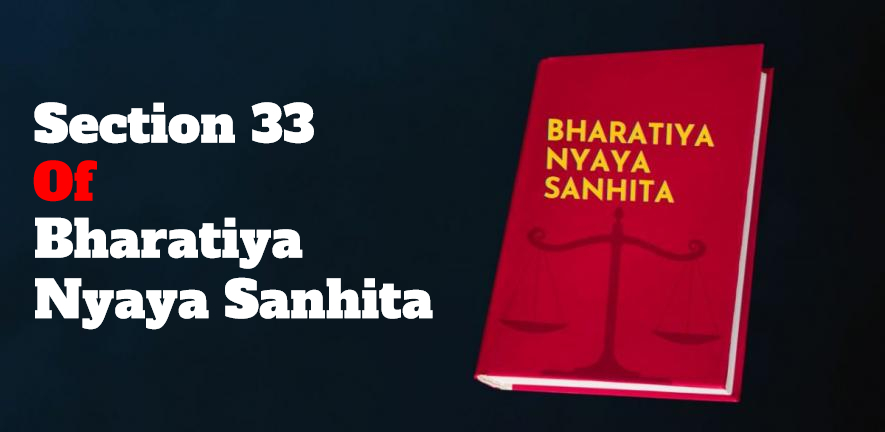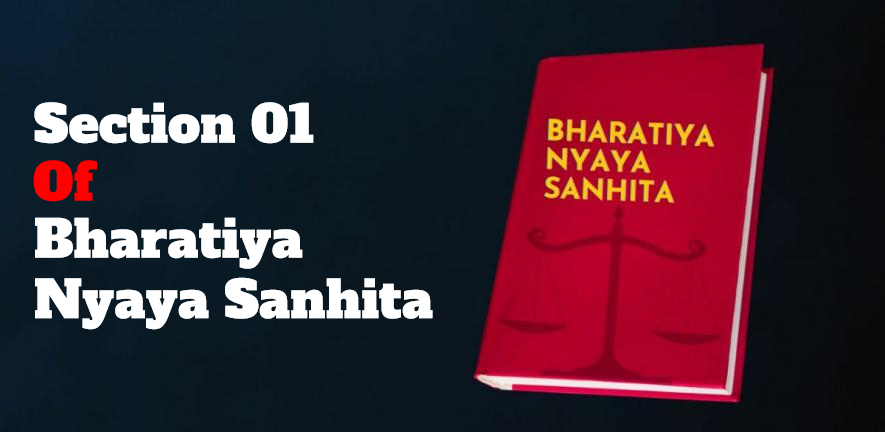Section 250 of the Bharatiya Nyaya Sanhita (BNS) 2023 addresses the offense of taking gifts or other forms of gratification to shield an offender from punishment. This section is significant as it outlines the legal repercussions for individuals who attempt to obstruct justice through bribery or similar means.
Key Provisions of Section 250
- Definition of Offense: The section stipulates that anyone who accepts, attempts to obtain, or agrees to accept any form of gratification—be it money or property—with the intent to screen an offender from punishment is committing an offense. This applies regardless of whether the gratification is for personal gain or for another individual.
- Punishments:
- If the offense is punishable by death, the penalty for the person offering or accepting a gift is imprisonment for up to seven years and/or a fine.
- For offenses punishable by life imprisonment or imprisonment for ten years, the punishment is up to three years and/or a fine.
- If the offense carries a punishment of less than ten years, the penalty can be up to one-fourth of the longest term prescribed for that offense, or a fine, or both.
Comparison with Previous Legislation
This section aligns closely with provisions in previous legal frameworks, such as the Indian Penal Code (IPC) and the Criminal Procedure Code (Cr.P.C.). For instance, it mirrors certain aspects of Section 227 of the Cr.P.C., which deals with discharge applications when there are insufficient grounds for proceeding against an accused.
Conclusion
Section 250 serves as a critical deterrent against corruption and attempts to undermine judicial processes in India. By imposing stringent penalties on those who engage in such activities, the Bharatiya Nyaya Sanhita aims to uphold the integrity of the legal system and ensure accountability.

Adv Ashish Sharma has dedicated his career to helping individuals and businesses navigate the intricate legal landscape with confidence. From providing expert advice on current legal issues to offering clear explanations of legal principles, he strives to empower his audience with knowledge and understanding.

